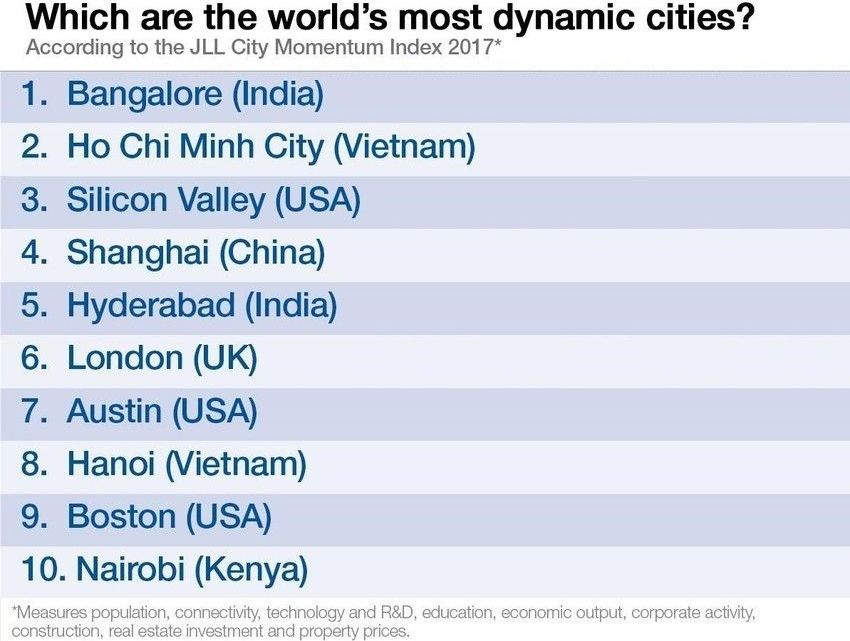By and Targeting Metabesity to examine the links between metabesity, Longevity and the USA’s current health shortfalls, including low health-adjusted life expectancy (“HALE”) and the large gap between HALE and life expectancy, despite its extremely high per-capita healthcare expenditures, and to chart policy recommendations to neutralize this vast health vs wealth deficit.
Metabesity and Longevity: USA Special Case Study is an 85-page open-access analytical report produced jointly by Aging Analytics Agency and Targeting Metabesity to examine the links between metabesity, Longevity and the USA s current health shortfalls, including low health-adjusted life expectancy ( HALE ) and the large gap between HALE and life expectancy, despite its extremely high per-capita healthcare expenditures, and to chart policy recommendations to neutralize this vast health vs wealth deficit.
Link to Special Case Study: https://aginganalytics.com/longevity-usa/
As the issue of aging population intensifies, sick care will become increasingly expensive and ineffective. America needs to rapidly deploy a government-led shift from treatment to prevention, and from prevention to precision health, using deep diagnostics and prognostics in combination with biomarkers of aging, metabesity, health and intervention-effectiveness, to delay the onset of disease with as minimal intervention as possible, as early as possible. Seeking synergies between Longevity research, P4 (preventive, personalized, precision and participatory) medicine and Artificial Intelligence has the potential to enable rapid and widespread policy and infrastructural reforms for USA healthcare to quickly boost National Healthy Longevity, but only with sufficient government commitment.







